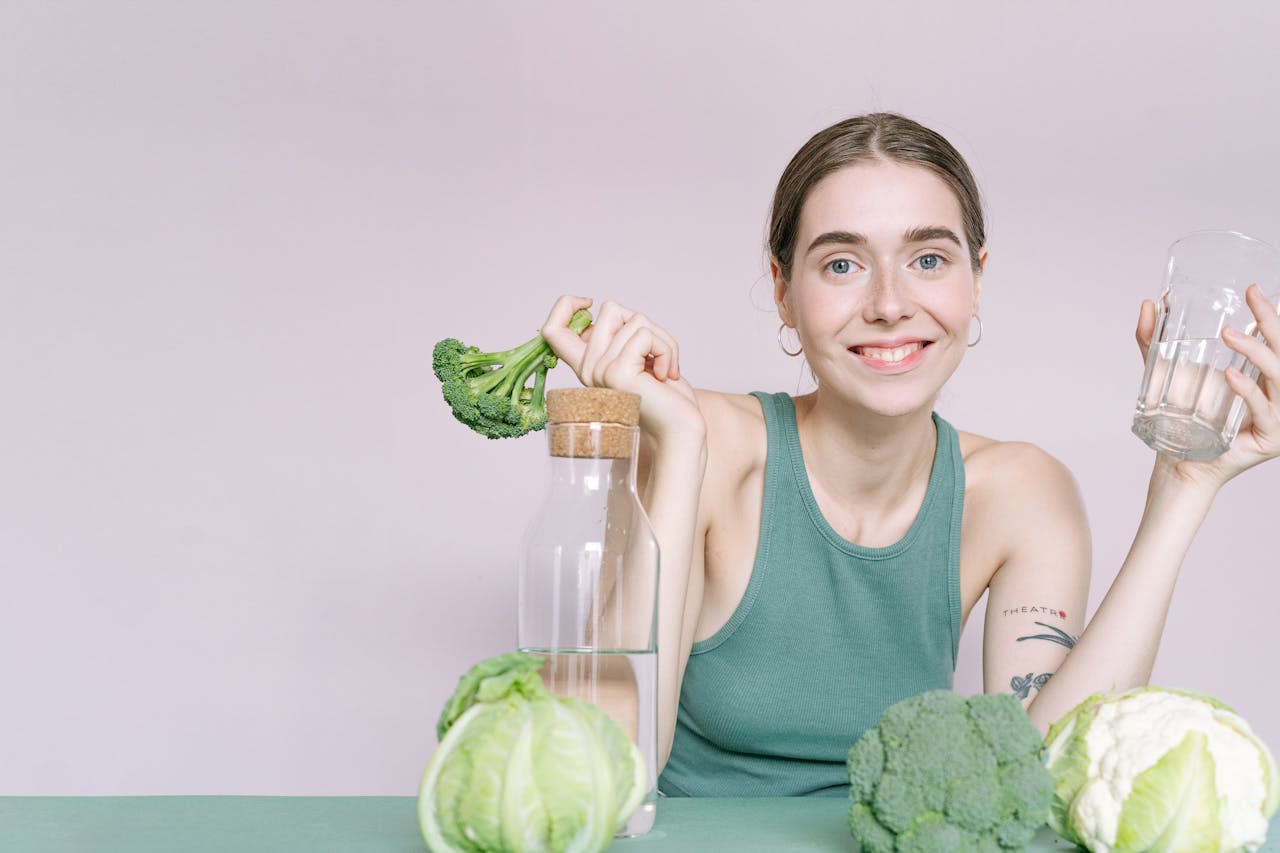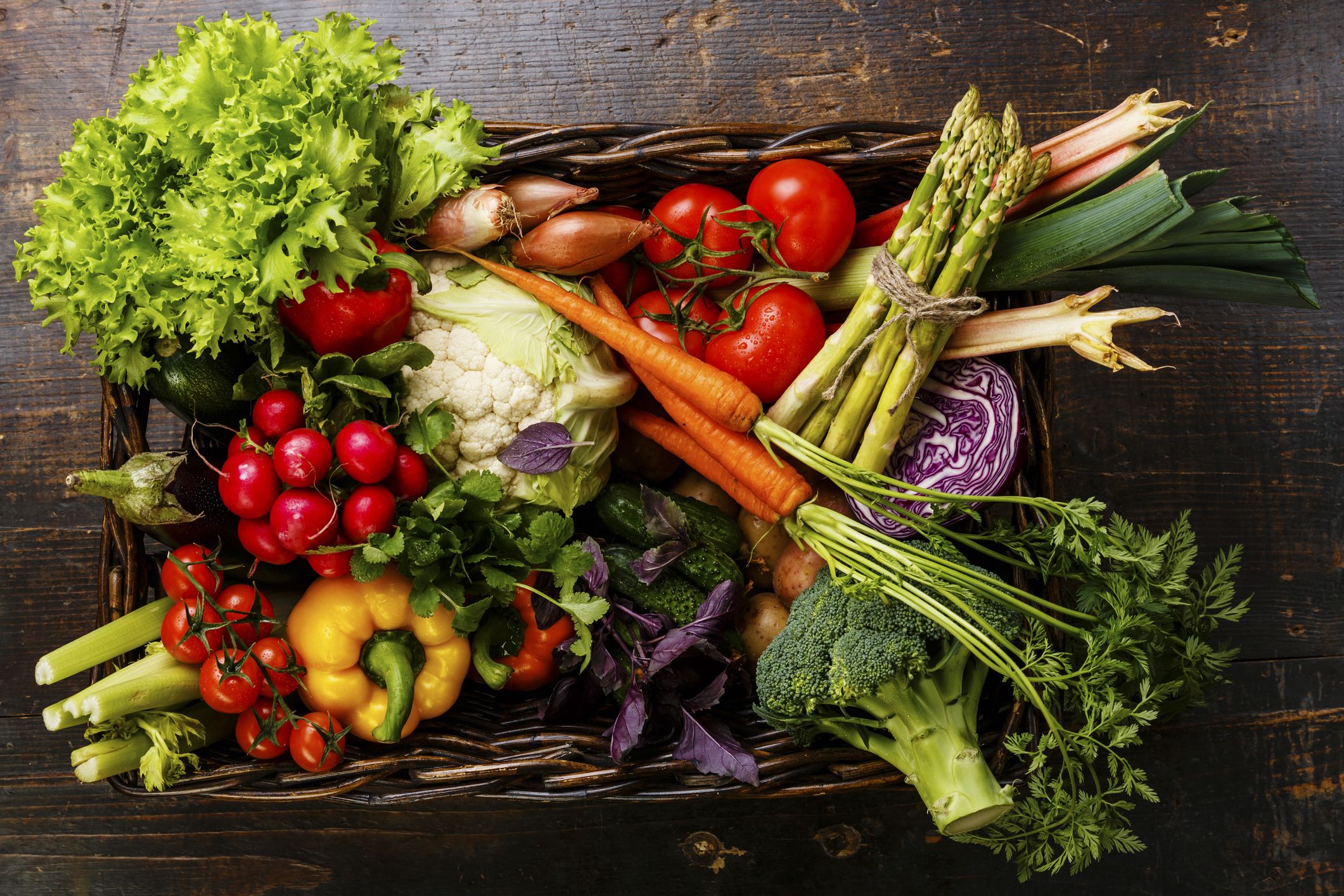Table of Contents
Introduction to Best Green Leafy Vegetables for Pregnancy:
Congratulations on your pregnancy journey! As you navigate this exciting time, ensuring you consume the right nutrients is crucial for both your health and your baby’s development. Among these essential nutrients, green leafy vegetables stand out as nutritional powerhouses, packed with vitamins, minerals, and antioxidants beneficial during pregnancy. In this comprehensive guide, we’ll explore the best green leafy vegetables to include in your diet, their benefits, and how they support a healthy pregnancy.
Why Green Leafy Vegetables Matter During Pregnancy:
Green leafy vegetables are rich in folate, a B-vitamin vital for fetal development, particularly in the early stages of pregnancy. Folate helps prevent neural tube defects such as spina bifida, making it a critical nutrient for expecting mothers. Additionally, these veggies are abundant in iron, calcium, fiber, and an array of vitamins and minerals essential for maternal health and baby’s growth.

Best Green Leafy Vegetables for Pregnancy:
Spinach:
- Spinach reigns supreme among green leafy vegetables for its exceptional nutritional profile. Packed with iron, folate, calcium, and vitamin A, it supports red blood cell production, bone health, and vision, crucial during pregnancy. Whether enjoyed raw in salads or cooked in soups, stir-fries, or smoothies, spinach is a versatile and delicious addition to any expecting mother’s diet.
Kale:
- Kale, often touted as a superfood, is a nutrient powerhouse loaded with vitamins A, C, and K, along with folate, calcium, and iron. Its high fiber content aids digestion and promotes satiety, helping to manage pregnancy-related constipation and hunger cravings. Whether sautéed, baked into chips, or blended into smoothies, kale offers a nutritious boost to your prenatal diet.
Swiss Chard:
- With its colorful stems and tender leaves, Swiss chard adds both flavor and nutrition to meals during pregnancy. Rich in vitamins A, C, and K, as well as magnesium and potassium, Swiss chard supports immune function, bone health, and electrolyte balance. Enjoy it steamed, sautéed, or added to soups and stews for a wholesome meal.
Collard Greens:
- Collard greens, a staple in Southern cuisine, are brimming with nutrients beneficial for pregnant women. High in folate, calcium, and vitamin K, they promote healthy bones, blood clotting, and fetal development. Incorporate collard greens into your diet by braising, stir-frying, or adding them to sandwiches and wraps for a nutritious punch.
- While often overshadowed by its leafy counterparts, romaine lettuce is a hydrating and nutrient-rich addition to pregnancy diets. It’s a good source of folate, vitamin C, and beta-carotene, essential for immune support and tissue repair. Enjoy romaine lettuce in salads, wraps, or as a crunchy topping for sandwiches and tacos.

Best Green Leafy Vegetables for Pregnancy (Nutritional Comparison Table):
| Green Leafy Vegetable | Folate (mcg) | Iron (mg) | Calcium (mg) | Vitamin A (IU) |
| Spinach | 58 | 0.8 | 30 | 2813 |
| Kale | 19 | 0.6 | 25 | 10302 |
| Swiss Chard | 15 | 0.4 | 18 | 6114 |
| Collard Greens | 17 | 0.4 | 36 | 2682 |
| Romaine Lettuce | 64 | 0.5 | 19 | 4090 |
*Values per 100g serving
How to Incorporate Green Leafy Vegetables into Your Pregnancy Diet
Incorporating green leafy vegetables into your diet during pregnancy can be easy and enjoyable. Here are some tips:
- Smoothies: Blend spinach or kale into your morning smoothie for a nutrient boost.
- Salads: Create colorful salads with a mix of leafy greens, adding fruits, nuts, and a light dressing.
- Soups and Stews: Add greens like collard greens or Swiss chard to soups and stews for extra nutrition.
- Stir-Fries: Stir-fry bok choy or mustard greens with other vegetables and lean proteins.
- Wraps: Use large leafy greens like collard greens as wraps for your favorite fillings.
- Snacks: Make kale chips by baking kale with a little olive oil and seasoning.
Frequently Asked Questions (FAQs)
Is it safe to eat green leafy vegetables during pregnancy?
Yes, green leafy vegetables are safe and highly recommended during pregnancy due to their rich nutrient content. However, it’s important to wash them thoroughly to remove any pesticides or bacteria.
How much green leafy vegetables should I eat during pregnancy?
It’s generally recommended to have at least 2-3 servings of vegetables per day, with at least one serving being green leafy vegetables. Consult with your healthcare provider for personalized advice.
Can I eat raw leafy greens during pregnancy?
Yes, you can eat raw leafy greens, but make sure they are washed thoroughly to reduce the risk of foodborne illnesses. Opt for organic produce when possible.
What are the benefits of folate during pregnancy?
Folate is crucial for the development of the baby’s brain and spinal cord and helps prevent neural tube defects. It also supports the mother’s increased blood volume.
Are there any leafy greens I should avoid during pregnancy?
Generally, most leafy greens are safe. However, be cautious with wild or foraged greens, and always ensure proper washing and preparation.
Conclusion
Green leafy vegetables are an essential part of a healthy pregnancy diet, providing vital nutrients that support both maternal and fetal health. By incorporating a variety of these vegetables into your meals, you can ensure that you and your baby receive the necessary vitamins and minerals for optimal development. From spinach and kale to collard greens and bok choy, these nutrient-dense vegetables are versatile, delicious, and beneficial for a healthy pregnancy journey.
Eating a diverse range of green leafy vegetables can make a significant difference in your pregnancy health. Remember to consult with your healthcare provider to tailor your diet to your specific needs, and enjoy the benefits these greens bring to your table.
Similar Links:
Most Popular Leafy Green Vegetables: A Comprehensive Guide for 2024

Leave a Reply